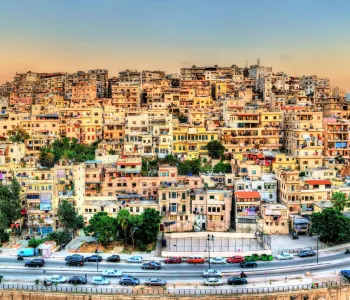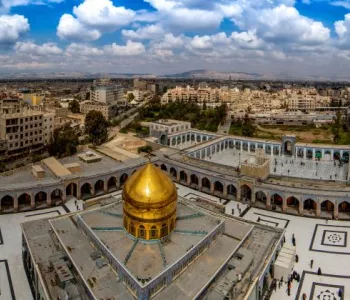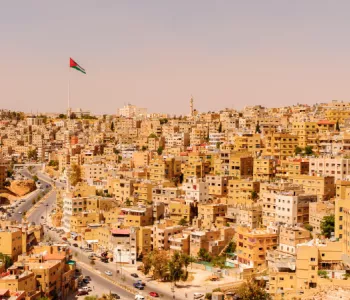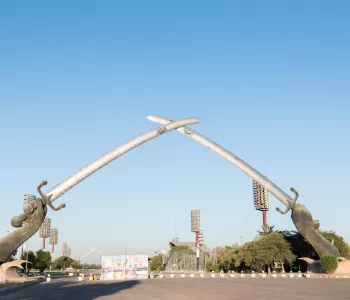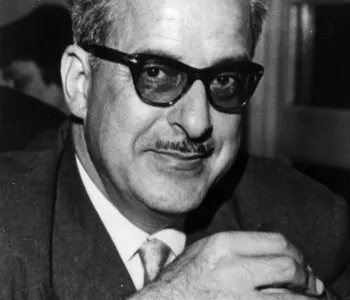Image courtesy of Youmna Asseily, daughter of Emir Farid Chehab.
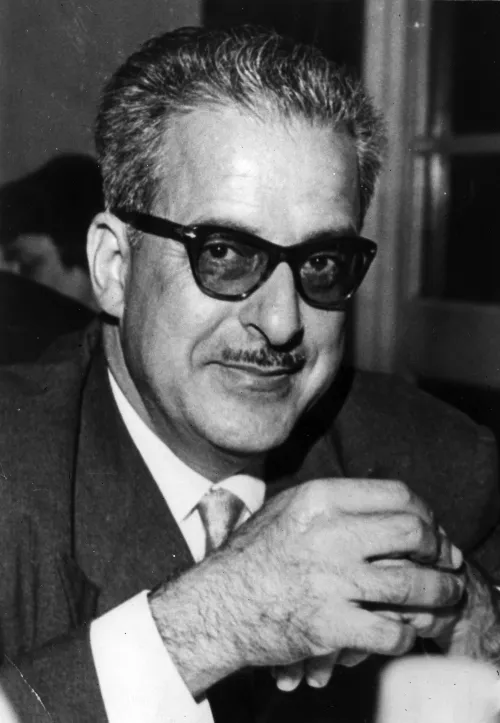
Chehab, Emir Farid 1908- 1985
Emir Farid Hares Chehab held many of the most politically sensitive positions in Lebanon.

In an increasingly extensive - and confidential archive, Emir Farid preserved innumerable documents, letters and reports covering a fascinating and vital part of Lebanese history in the twentieth century. Moreover, the papers form part of a wider web of political intrigue and top-level secrecy, revealing an untold side to events in countries across the Middle East, including Syria, Palestine, Egypt, Iraq and Saudi Arabia.
Asseily, Y., Asfahani, A., A Face in the Crowd. The secret papers of Emir Farid Chehab 1942-1972 (Stacey International, 2007).
Many documents and dispatches have been lost in the course of unrest, or were intentionally destroyed. Yet much of the archive remained, remarkably, to be carefully collated by the late Emir's family. These papers, some of which are reproduced here for the first time in English, shed intriguing light on the continuing unrest in the region.
Born in Hadeth, Mount Lebanon approx. 28 February 1908 (dates on birth certificates vary between 1905 and 1911) to the Emira Maryam Chehab (granddaughter of the last ruler of Lebanon, Emir Bashir III) and to Emir Hares Sayyed Ahmad Chehab (Honorary member of the Turkish Parliament). Graduated from the Faculty of Law, Saint Joseph University in 1930.
That same year, he enrolled in the French Police in Lebanon and rose through the ranks to become Head of the Counter Espionage Section and the Anti Communism Section. Accused of alleged covert activities in favour of Hitler's Germany, he was jailed in February 1941 until October 1943; released on the personal request of newly elected President Bechara el Khoury, Emir Farid was reinstated in his former position with all charges against him dropped.
From 1944 to 1948, he held the successive posts of: liaison officer between the Palestinian Directorate of Police and the Lebanese Security Forces; director General of the Judicial Police and Governor of the Beqaa Valley. In January 1948, he was appointed Director of General Security and quickly preceded to the reorganisation of its departments and upgrading of its procedures. In April 1950, appointed to lead the Anti-Communism Section.
In 1957, he was elected Vice President of Interpol. In 1958, following civil unrest in Lebanon, he resigned from his post, and six months later was appointed Ambassador to Ghana, Nigeria, and Cameroon; in 1960, he was accredited to Tunisia and in 1966 to Cyprus.
He retired in 1969 and returned to Lebanon. He was married to Yolande Nakad; had two children, born in 1953 and 1957. He died in Beirut on February 5th, 1985.

